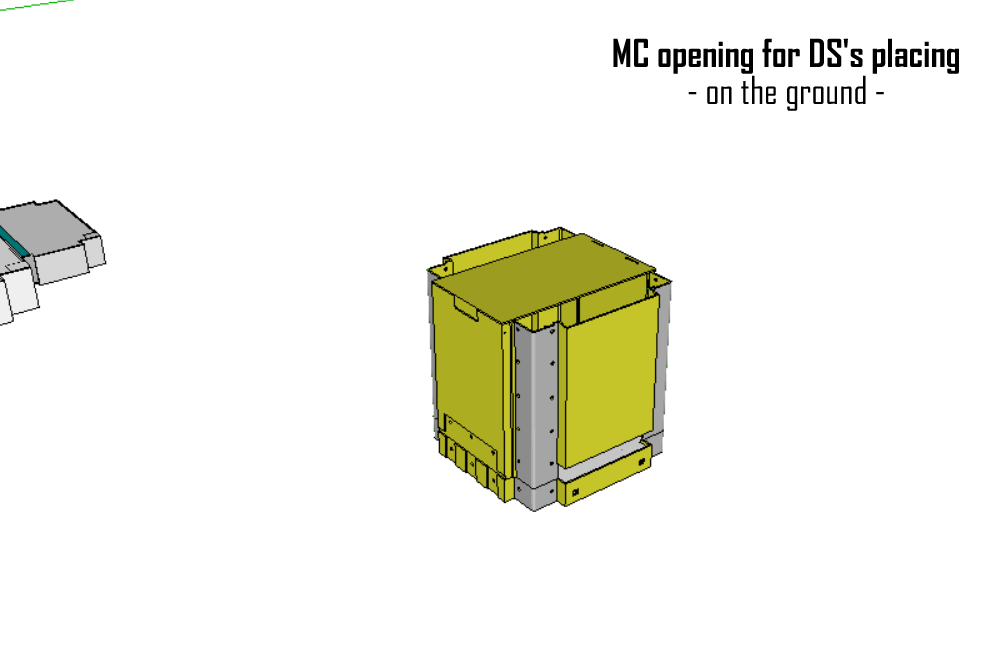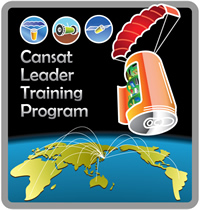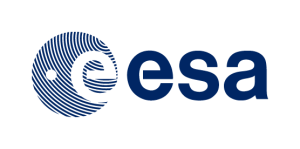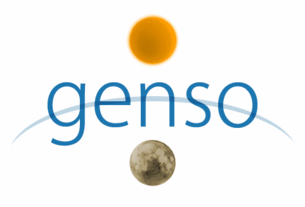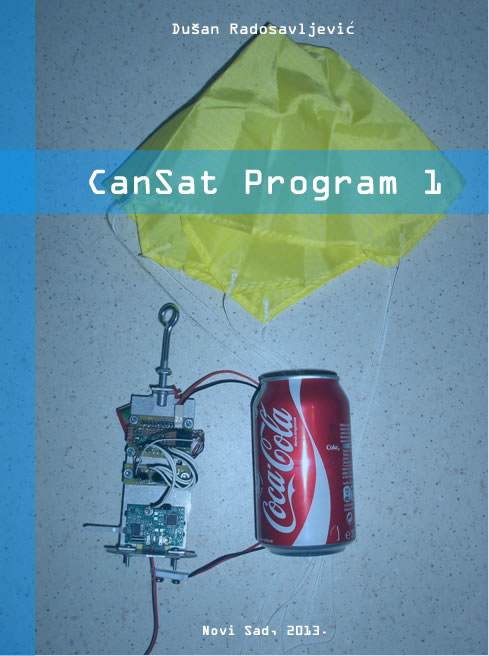The Unity program represents a response to the increasing need of individuals and groups for easier access to Space, in order to achieve sustainable progress in their work and development of this area.
The concept itself emerged in the post-conflict region as an attempt to re-establish the cooperation of the people in the region, but this time in a completely different way, which in itself goes beyond the current mode of thinking and demands a new approach in international relations, whereby independence in creation of each participant is not jeopardized, and on the other hand there is a constant presence of the necessity of cooperation among the participants. In this way, everyone achieves both individual and group goals, and progress is inevitable.
Technically, the Unity program is based on CubeSat standards (www.cubesat.org), since the main deployer (Mother Craft – MC) is CubeSat, primarily by dimensions and basic characteristics. The deployer MC is independent of the payload that it carries and which will be delivered into orbit. Most precisely, MC is an adapter that allows that non-standard satellites (DS) can be used in standard POD deployers.
The Unity program enables the low-cost launch of satellites into various orbits. The price of the launch of 1DS (11.0×10.0x2.4cm/250g) is 12000 – 14000 euros (payment in two installments).
| more details |

